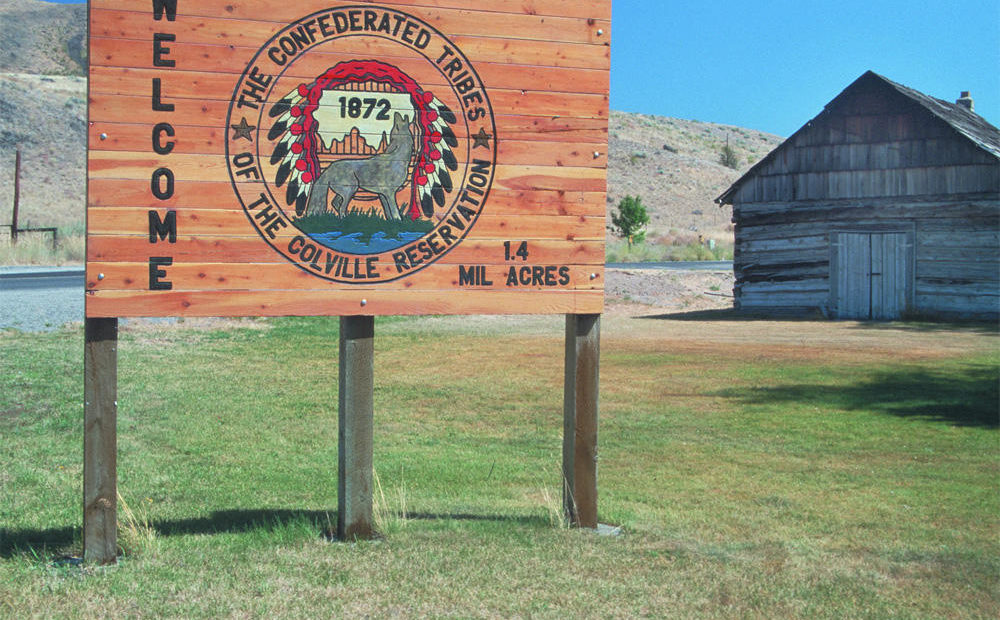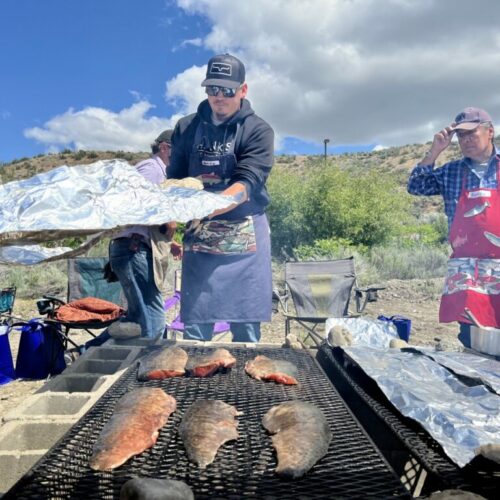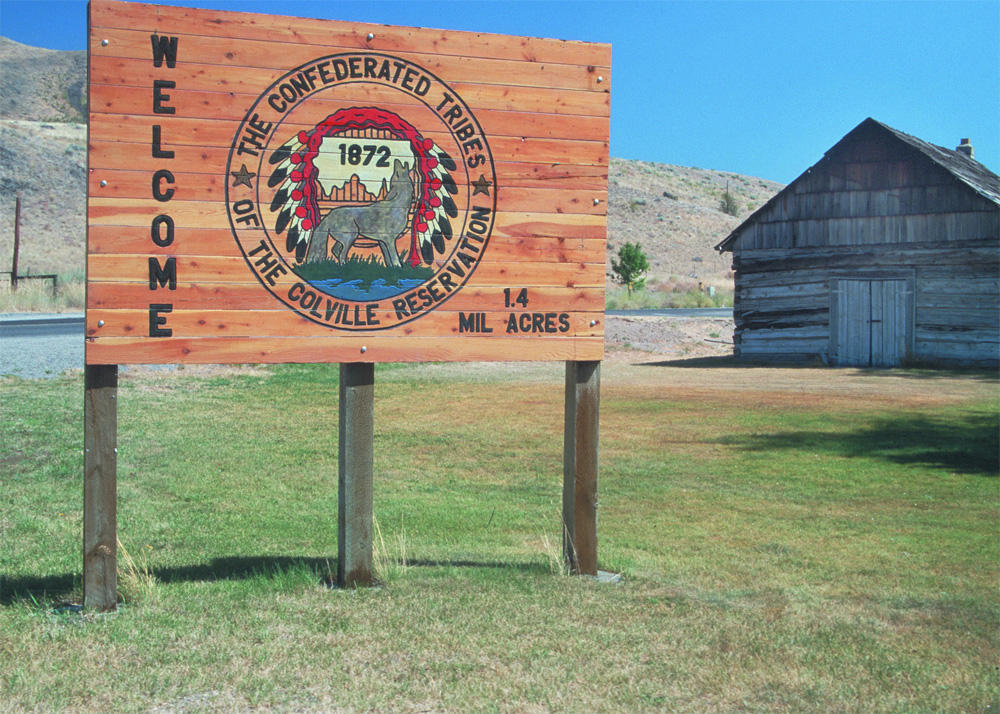
Tribes Call On FCC To Prioritize Native Needs In Broadcast Licences
Listen
The Federal Communications Commission is considering a rule change for licensesnormally reserved for education and public broadcasting. In Washington state, theConfederated Tribes of the Colville are calling on the agency to prioritize tribal reservations for improved communication.
The licenses — known as EBS, or Education Broadband Spectrum — have been reserved for education and public broadcasting since the 1960’s. In the 1980’s, the FCC allowed licensees to lease out their spectrum. This spring, the FCC proposed a rule change that could expand license eligibility to tribes.
“It is a safety and health aspect on our reservation,” said Rodney Cawston, chairman of the Colville Tribes. “We have so many needs and unmet needs, because all of our communities are rural.”
Connectivity on Washington’s largest Native American reservation is pretty spotty.
“We’re getting a lot more visitation, especially in Lake Roosevelt, Banks Lake [near Grand Coulee Dam] and other places that are highly visited for recreational purposes, for fishing or camping,” Cawston said.
And with that comes an increase in need for emergency response and wildfire management.
The FCC is considering multiple options, including auctioning the licenses. Cawston says many tribes don’t have the financial resources to outbid large telecommunication companies that might buy them.
A public comment period closes in early September.
Copyright 2018 Northwest News Network
Related Stories:

Para las tribus, la bienvenida del salmón al Alto Columbia es un recordatorio del ‘trabajo de toda una vida’
El sol apenas comenzaba a salir sobre el río Columbia en Bridgeport, Washington, cuando un pescador Colville capturó el primer salmón de la temporada.

For tribes, welcoming salmon to the Upper Columbia is a reminder of ‘lifelong work’
Ira Stevenson preps salmon filets for the salmon bake after a First Salmon ceremony at Chief Joseph dam in north central Washington. (Credit: Courtney Flatt.) Listen (Runtime 4:04) Read The

Colville Tribes Encouraged By Young Salmon Spawning Behind Grand Coulee Dam
The Colville Tribes Fish and Wildlife Department have found several chinook salmon under 1-year-old. Biologists had transported 100 fish above Grand Coulee Dam to see if the habitat made for good spawning spots.
















